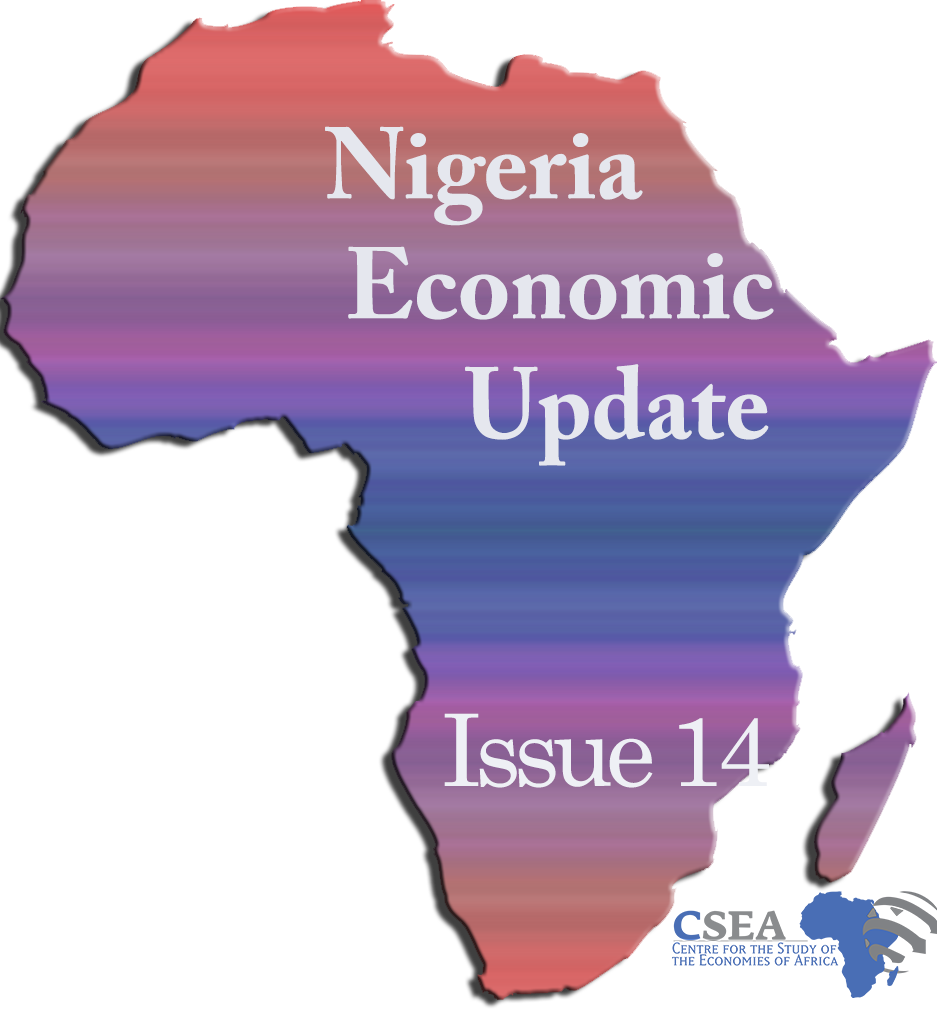Nigeria’s officially recorded debt obligation reached a record high of N24.39 trillion in 2018 relative to the N21.73 trillion in 201721, according to the DMO’s latest debt report. This represents a year-on-year 12.2% growth or N2.66 trillion2. Further decomposition of the data shows that both domestic and external components experienced increments: while domestic debt rose from N15.94 trillion to N16.63 trillion, external debt increased from N5.79 trillion to N7.76 trillion. However, the external debt component saw a higher increment implying that progress has been made towards achieving the 60:40 target of domestic-external debt stock mix. The share of domestic debt fell from 73.4% in 2017 to 68.2% in 2018 producing a total debt mix of 68.2% (domestic) and 31.8% (external). The review year saw the DMO make use of relatively cheaper and longer tenured external funds (Eurobonds) to achieve the debt stock mix objectives which also includes creating more space for other borrowers in the domestic market.3 With the growth in the issuance of Eurobonds, DMO should internalize the costs and risks of these changes such as currency and refinancing risk. This could limit the frequency of public borrowing.
Macroeconomic Report & Economic Updates

May 8, 2019
Nigeria Economic Update (Issue 14)
Nigeria’s officially recorded debt obligation reached a record high of N24.39 trillion in 2018 relative to the N21.73 trillion in 201721, according to the DMO’s latest debt report. This represents a year-on-year 12.2% growth or N2.66 trillion2. Further decomposition of the data shows that both domestic and external components experienced increments: while domestic debt rose […]
Read →
Related
Nigeria Economic Update (Issue 43)
Crude oil prices have sustained upward increases for the past few weeks in October. While upward trajectory of crude oil prices is expected to be sustained in the short term in line with OPECs production cuts deal expected to run until March 2018, it is important to note that crude oil prices would remain volatile. The Nigerian government therefore should take advantage of periods of high revenue from crude oil exports to develop other sectors (such as Agriculture, Manufacturing and Services sectors) of the economy as key exporting and revenue generation sectors, and thus minimize volatility risks
